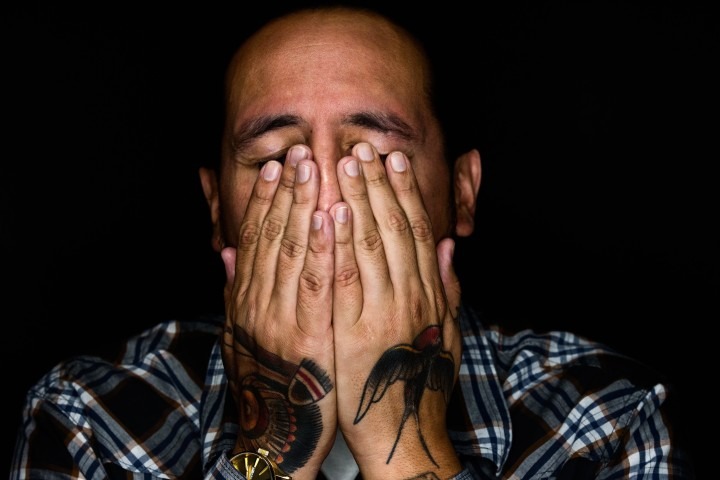Understanding Pain-Based Claims for VA Disability Compensation
Posted by Gregory M. Rada | September 08, 2023 | Disability Compensation
Introduction
One of the recent transformations in disability law for veterans, concerns pain-based claims for disability compensation. Traditionally, if a veteran’s pain could not be tied to a diagnosed or identified condition, the veteran would be ineligible for disability compensation. However, this standard has been challenged and reshaped over time.

Table of Contents
- Pain Alone and Disability Compensation: The Evolution
- Saunders v. Wilkie: A Turning Point
- Conclusion
Pain Alone and Disability Compensation: The Evolution
In the early 2000s, the case of Sanchez-Benitez v. West concluded that pain in the absence of an identifiable underlying condition did not qualify for disability compensation. The U.S. Court of Appeals for the Federal Circuit dubbed the topic a “perplexing question,” underscoring the complexity of recognizing pain alone as a disability. However, in 2018, a significant shift in precedent occurred with Saunders v. Wilkie.
Saunders v. Wilkie: A Turning Point
In Saunders v. Wilkie, the Federal Circuit concluded that pain, even without an accompanying diagnosis, could constitute a disability for VA disability compensation purposes. The ruling highlighted that “disability” refers to the functional impairment of earning capacity, not the cause of that impairment. This revolutionary decision demonstrated that a veteran’s claim cannot be denied solely because it is based on pain without an accompanying diagnosis, as long as there is evidence that the pain impacts functional ability or earning capacity.
Conclusion
The Saunders v. Wilkie ruling offers a ray of hope for veterans suffering from pain without an identifiable underlying condition. By focusing on the functional impairment caused by the pain, rather than its cause, this ruling paves the way for a more comprehensive understanding of disability compensation.
If you want to talk about your VA disability claim or appeal, call me at 800-955-8596 or schedule a free consultation.







